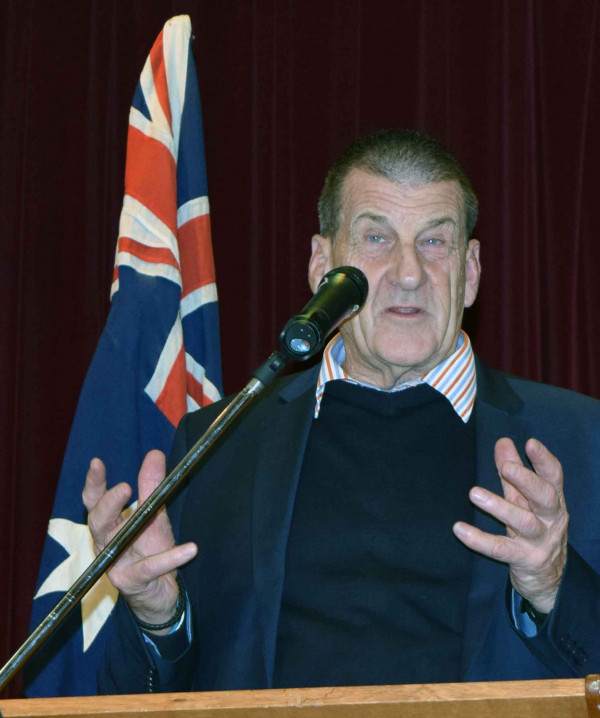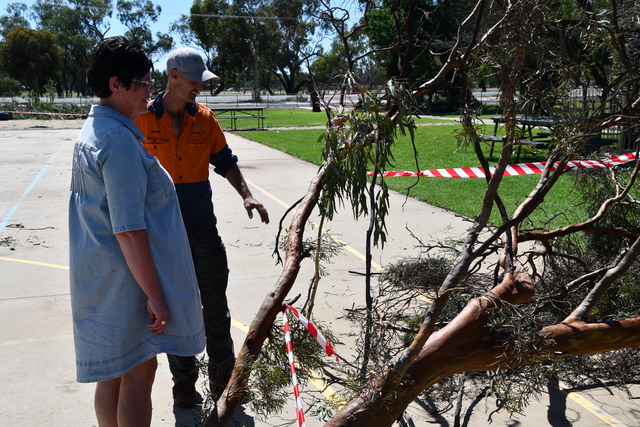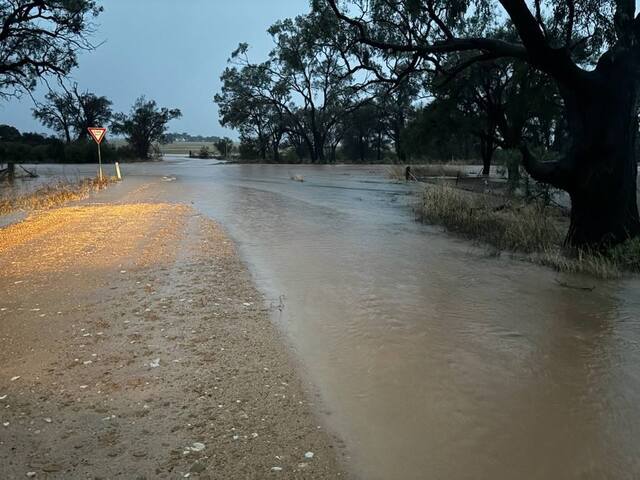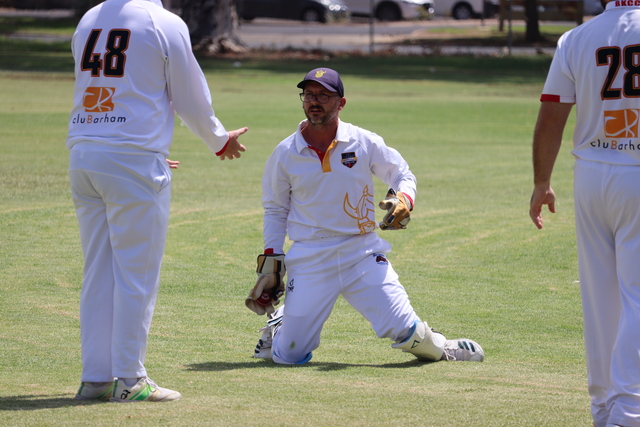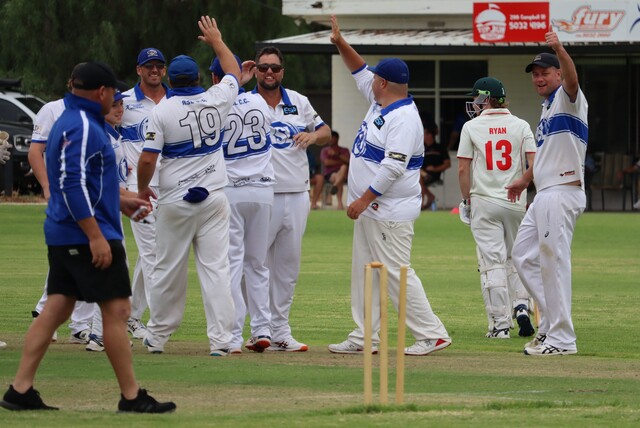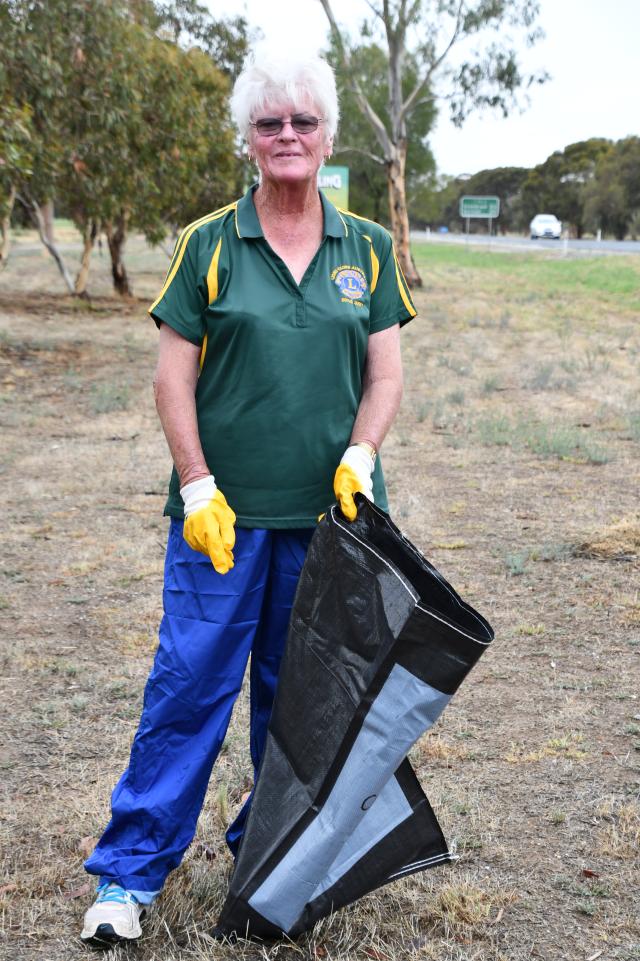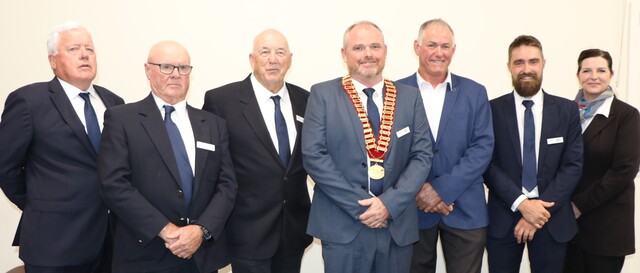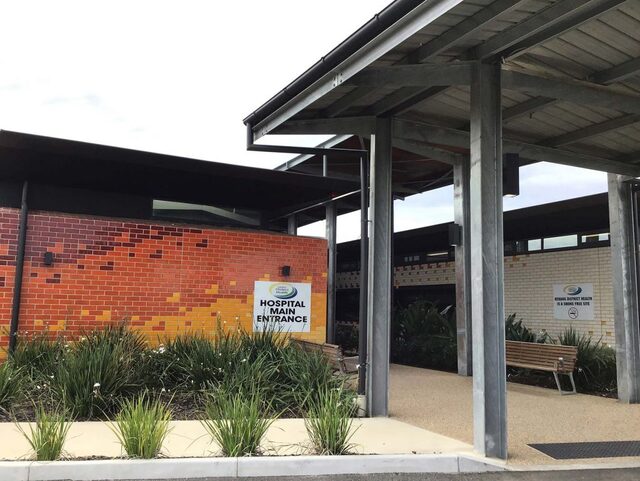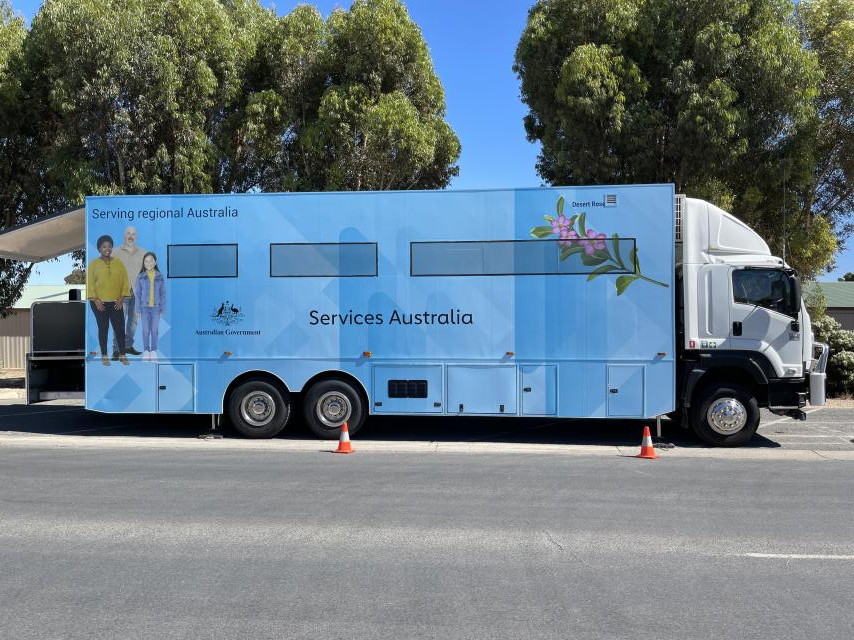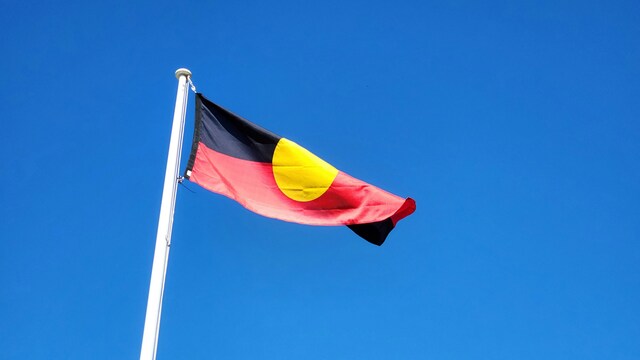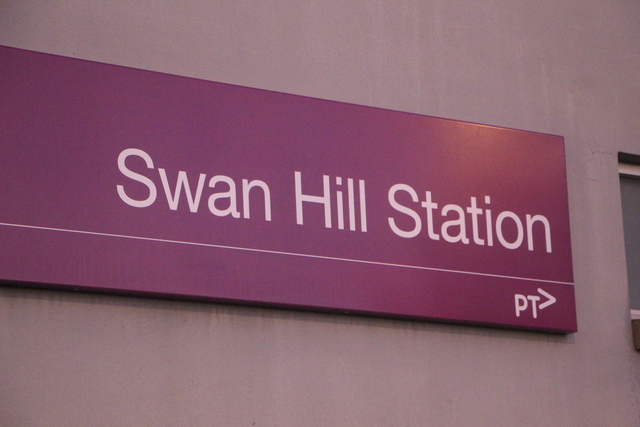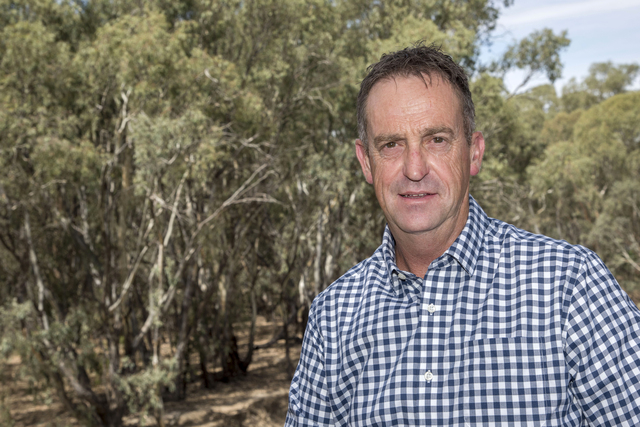
“THE most important thing we have is the gift of life.”
That was the clear message from former Victorian Premier and beyondblue chairman, Jeff Kennett at a Cohuna well-being forum last week.
“The most important thing we have is the gift of life; to wake up in the morning is something that should be celebrated,” he told the crowd of more than 150 people.
“We shouldn’t take life for granted; therefore we shouldn’t allow issues that confront us to put at risk our ability to enjoy living.”
Mr Kennett distinguished between clinical and emotional depression and said in all cases, seeking help early was critical.
“Emotional depression is when something goes wrong in your life and invariably the eye of the storm will pass, but if it doesn’t it can develop into clinical depression, where there is a chemical imbalance,” he said.
“Treated early, in most cases depression can be cured but it requires people to put their hand up and seek professional help, and that’s a real challenge. Even serious clinical depression and conditions like bipolar and schizophrenia can be addressed – never cured – but with correct diagnosis people can live very full lives.”
Mr Kennett said while much work had been done to educate people about depression, suicide rates were still high, with 2864 Australians taking their own lives in 2014 – up 300 people on the previous year.
“However lucky we might think this country, there are a lot of ingredients coming into play when people want to leave us,” he said.
While the forum was planned before the current dairy crisis developed, Mr Kennett said it was timely to talk about how people can look after each other in times of hardship contributed to by “unconscionable behaviour” from Murray Goulburn and Fonterra in instituting retrospective debt.
“In the case of dairy farmers, there has been the combination of a number of things that have left… a degree of anxiety which is very real, so a lot of farmers will be confronting situations which they think are unmanageable,” he said.
“We need to make sure we keep a level head and very quickly seek advice in the areas that are causing anxiety and stress.”
Mr Kennett said the image of a strong and silent male had no place in good mental health.
“It is not weak to seek help, in fact it is the responsible thing to do and we need to understand that life is valuable and if we take an option to shorten our lives, the pain we leave for others will be with them for the rest of their lives,” he said.
“It’s not a crime to have an issue or illness, but it is a crime not to seek help because you not only let yourself down but those around you as well.”
Mr Kennett said it caused him great sadness when he heard people had taken their own lives when they could have sought help to manage their depression.
“You never know what’s around the corner; what might seem desperate today might tomorrow bloom like a flower, because something good can always come of every situation,” he said.
“Life is not always easy, but by God it beats the alternative, so we need to enjoy it as long as we can.”
The audience also held from Andrew Gibbs, a major sponsor of the night who was diagnosed with bipolar disorder at the age of 22.
“It has never gotten in the way of anything I’ve wanted to do,” he said.
“It’s never been a problem for me to speak about it and that’s why I’ve been able to deal with it.”
Mr Gibbs spoke of the serious repercussions of not seeking help, including his “10 days of terror” in 2008, when his business was suffering at the height of the Global Financial Crisis and his partner tragically died of a massive heart attack.
In trying to cope with the emotional battering, Mr Gibbs suffered an aneurysm, which was “the outcome of taking on an enormous amount of pressure and duress with bipolar and not talking to anyone about it”.
Presentations from local general practitioner, Dr Peter Barker, and Alexia Stephens from Northern District Community Health Service included details on local support services.
The forum was concluded by Member for Murray Plains, Peter Walsh, who implored people to spread the mental well-being message.
“The challenge with these events is the people who aren’t here, so make sure you take away these messages and utilise what you’ve learnt to help others in the community,” he said.
For help or information call Lifeline on 13 11 14 or beyondblue on 1300 224 636.

